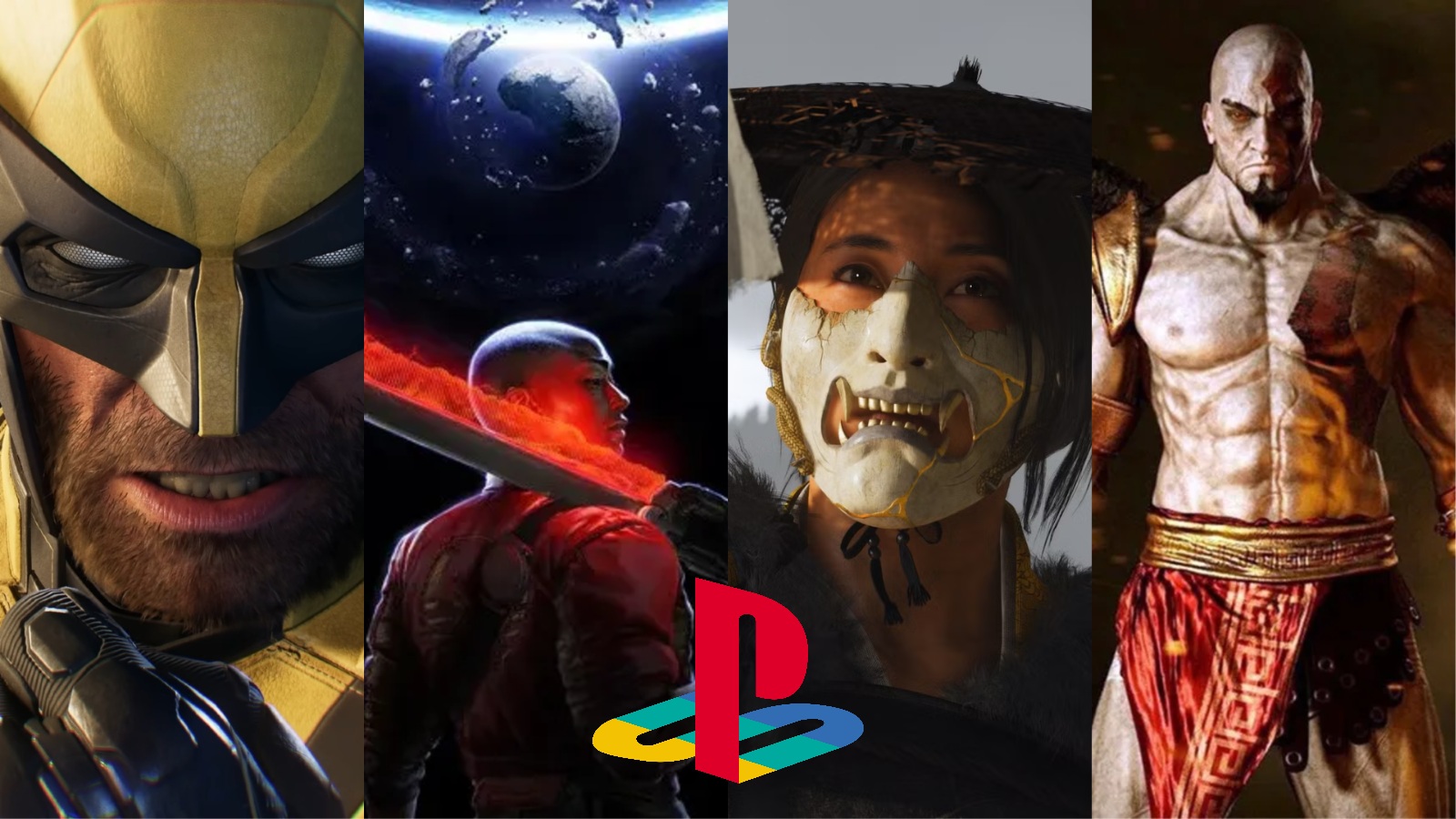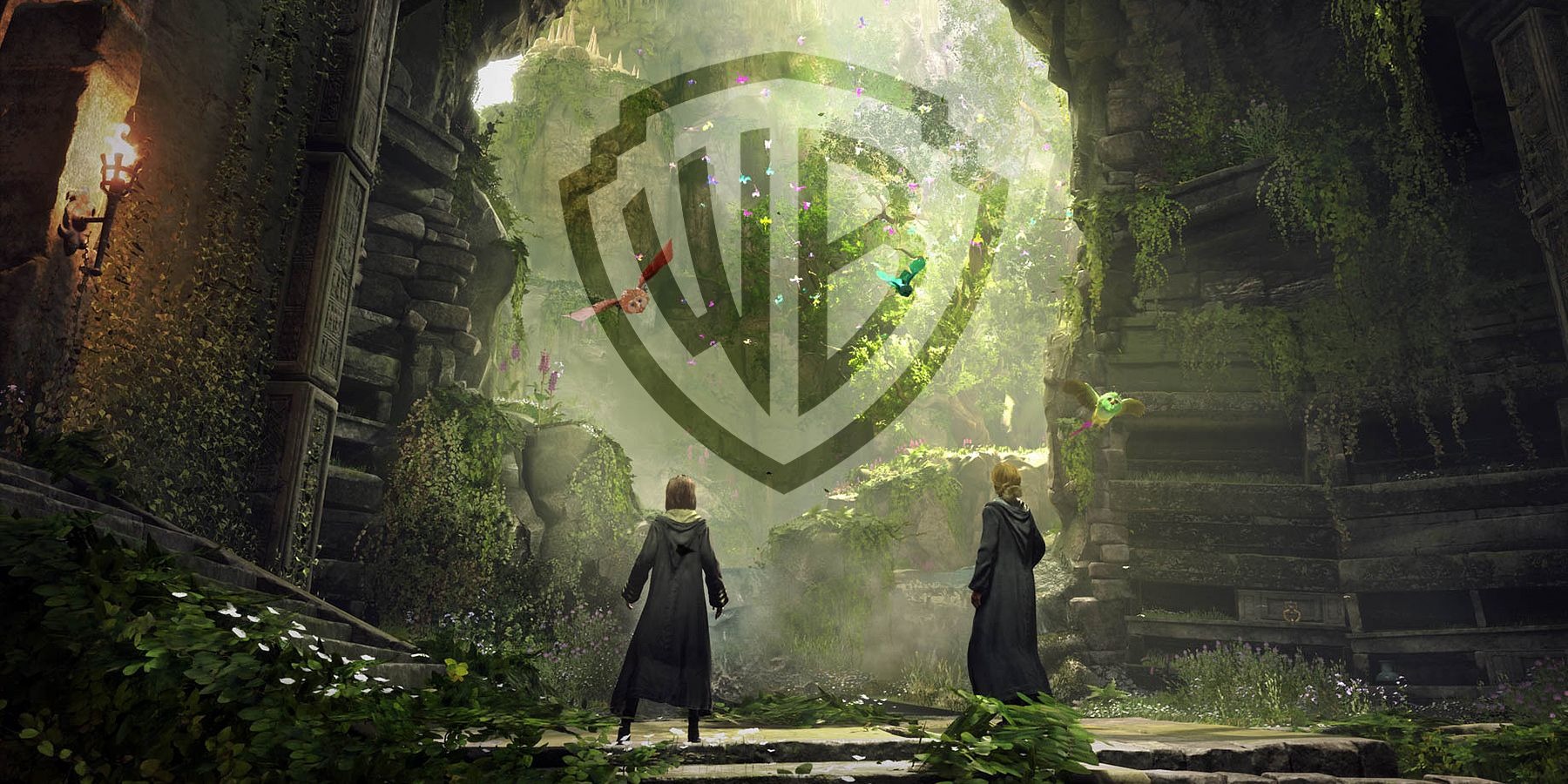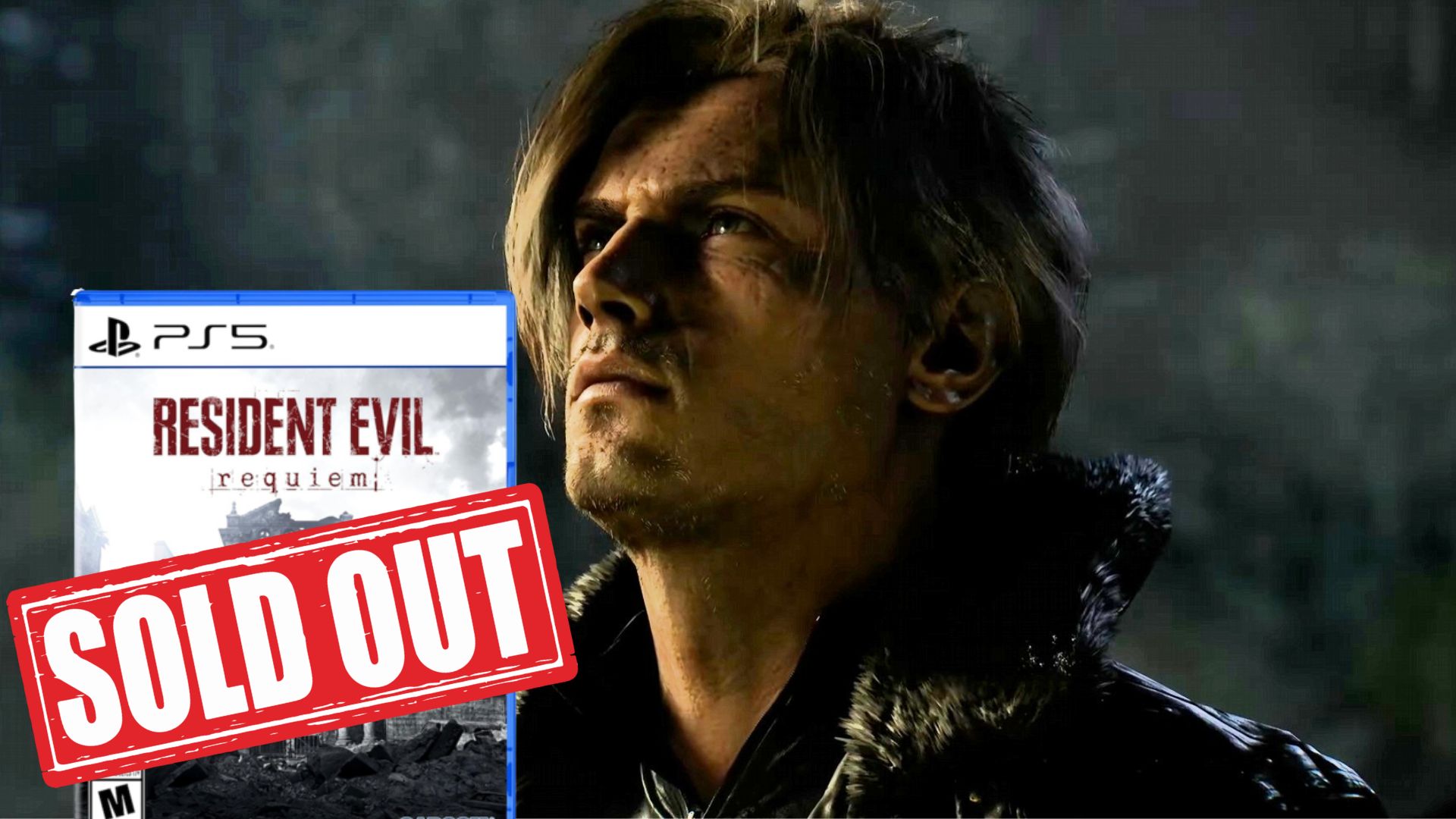- A major survey recently concluded that developers are not too optimistic about the industry.
- Only 13% of all respondents are pleased with current events.
- Those upset blame rising budgets, marketing costs, competition, and management as key factors for the poor state of gaming.
The gaming industry is going through a period of various highs and lows. While the games released in recent years have been mostly great, layoffs, poor working conditions, and other problems plague the industry.
Recent failures like Suicide Squad, a focus on live service, and mass layoffs have brought these problems front and center. In a recent survey, game developers agreed that the industry needs to change.
Why it matters: These developers represent a common belief. Gaming could be headed toward a grim future if these problems get out of hand.

The survey attempted to ask developers about the industry’s current market conditions in regard to layoffs and financial troubles. These also include ballooning budgets, a common problem that many agree on.
Game developer’s survey addressed about 600 people, with 59% stating that the industry is either in a poor or very poor state. 26% stayed natural, while a small 13% said that the current state is good.
49% of the respondents also believe conditions will continue to stay the same, while 19% believe the worst is yet to come. These developers blame investors and management for the current turmoil.
Moreover, factors like current competition in the industry, game development costs, and lack of innovation were cited as factors that caused the poor state.

It’s no secret that various high-profile games have been cancelled recently, with even big-name studios no longer being safe from layoffs or closures.
Tango Gameworks, Arkane Austin, Pieces Interactive, and Volition Games are just a few studios that come to find when thinking of closures. Moreover, projects related to Star Wars Mandalorian, Twisted Metal, The Last of Us, and more have been cancelled recently.
All in all, developers are not too happy with the current direction of gaming. While many remain optimistic and hope for the best, most professionals are well aware of the current challenges faced by the business.
These can only be addressed with a positive attitude, with executives prioritizing their employees above all else, which should result in more innovation and positivity across the board.
Thank you! Please share your positive feedback. 🔋
How could we improve this post? Please Help us. 😔
[Senior News Reporter]
Avinash is currently pursuing a Business degree in Australia. For more than 5 years, he has been working as a gaming journalist, utilizing his writing skills and love for gaming to report on the latest updates in the industry. Avinash loves to play action games like Devil May Cry and has also been mentioned on highly regarded websites, such as IGN, GamesRadar, GameRant, Dualshockers, CBR, and Gamespot.




